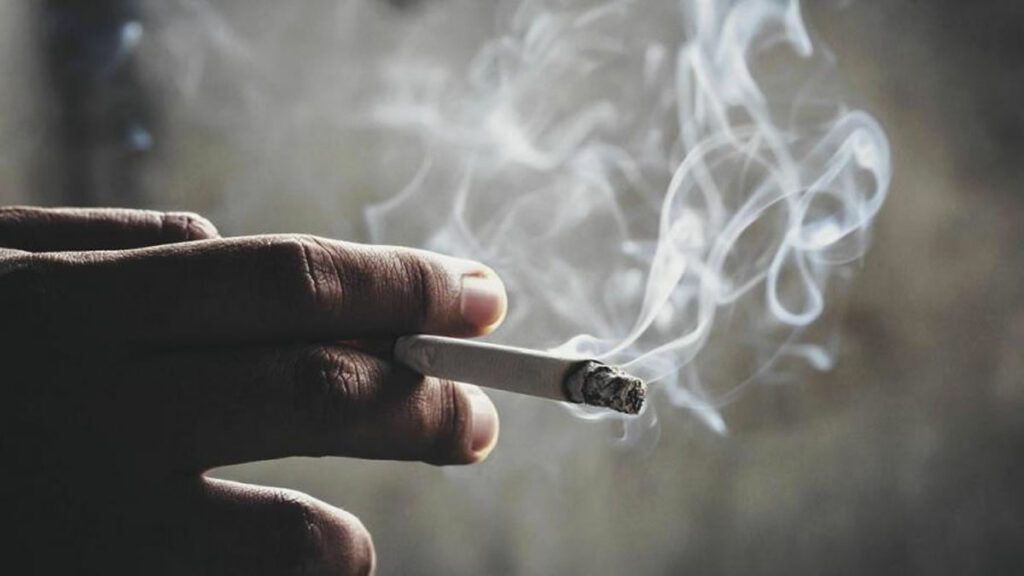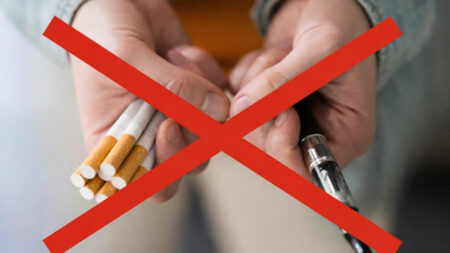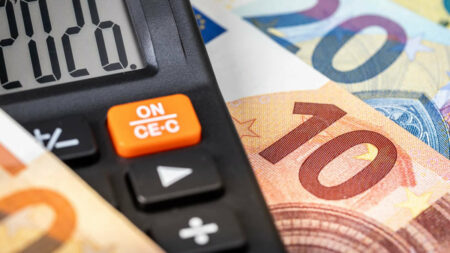In recent years, Belgium has seen a significant shift in cigarette consumption patterns, with more and more citizens opting to purchase their cigarettes from foreign countries or turning to counterfeit products. This trend has been highlighted in a recent study by Cimabel, the Belgian-Luxembourg federation of cigarette manufacturers, which estimates that over a third of cigarettes consumed in Belgium in the second quarter of 2024 were not purchased within the country or are counterfeit.
To put this in perspective, just a year earlier, around 20% of cigarettes consumed in Belgium were obtained through these alternative channels. Now, that figure has jumped to 36.5%, with 1% being counterfeit and the rest being purchased in countries with lower prices, particularly Bulgaria.
So, what's driving this change in consumer behavior? According to Cimabel, the primary culprit is the "excessive increases" in excise duties implemented by the previous federal government. These tax hikes have led to a substantial increase in the average price of a packet of 20 cigarettes in Belgian stores, jumping from 6.39 euros to 10.57 euros – a staggering 65% increase.
As a result of these higher prices, more Belgians are turning to the black market to satisfy their nicotine cravings. Cimabel points out that well-organized criminal networks are taking advantage of this situation, massively importing cheap cigarettes from other countries and reselling them in Belgium with high margins.
The consequences of this shift are twofold. First, the Belgian government is losing out on significant tax revenue. The study estimates that the loss in tax revenue due to this trend is just over 2 billion euros. Second, the increased demand for cheap cigarettes is fueling the growth of illegal channels, with criminal organizations raking in more and more profits.
Despite these concerns raised by the tobacco industry, the Belgian government remains committed to developing a comprehensive and strong anti-smoking policy. The previous federal government had already approved a series of new measures to combat smoking and the tobacco lobby, and the new Arizona coalition plans to continue this effort by making smoking and vaping less attractive and less accessible.
However, the tobacco sector is calling on the government to thoroughly review the excise policy on cigarettes and rolling tobacco. They argue that the increase in taxes is not achieving its intended goal of reducing smoking rates, but rather driving consumers towards cheaper, often illegal alternatives.
It's important to note that smoking remains a significant public health issue in Belgium. According to the latest figures from the Cancer Foundation, 24% of the Belgian population smokes, with 19% being daily smokers. This habit has severe consequences, with around 14,000 people dying from smoking each year in Belgium and approximately 300,000 suffering from tobacco-related diseases.
As the government works to balance its public health goals with the economic realities of the tobacco industry, it will be crucial to find solutions that effectively discourage smoking while minimizing the unintended consequences of driving consumers towards illegal channels. This may involve a more nuanced approach to taxation, as well as increased efforts to crack down on the black market and raise awareness about the health risks associated with smoking.
Only time will tell how this complex issue will unfold, but one thing is certain: the debate surrounding cigarette consumption, taxation, and public health in Belgium is far from over.

Vape Content Creator | Flavor Reviewer | Lifestyle & Vape Culture Editor
Emily Carter is a vape-focused content creator specializing in flavor reviews, device aesthetics, and lifestyle-oriented vaping content. With hands-on experience testing disposable vapes and pod systems, Emily delivers clear, visually driven insights designed for adult consumers.








